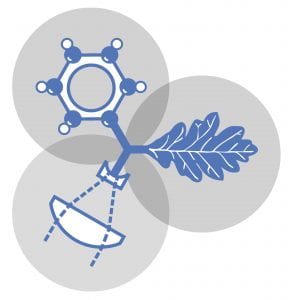
Mackenzie W. Mathis
Assistant Professor
Ecole Polytechnique Fédérale de Lausanne (EPFL)
Executing successful movements requires the brain to predict the consequences of actions. It is believed that the brain builds internal models of our body and the environment in order to simulate the sensory and motor outcomes of movements. Due to the constant changes in our body and environment (for instance, those due to fatigue, tool-use, or disease) these models require constant re-calibration, called motor adaptation, to keep us moving in predictable ways.
Where in the brain these models reside, how they are formed, and how they are updated following bodily or environmental changes remains unclear. At the Rowland, the goal of the Mathis Lab was to reverse engineer the neural circuits that drive adaptive motor behavior.